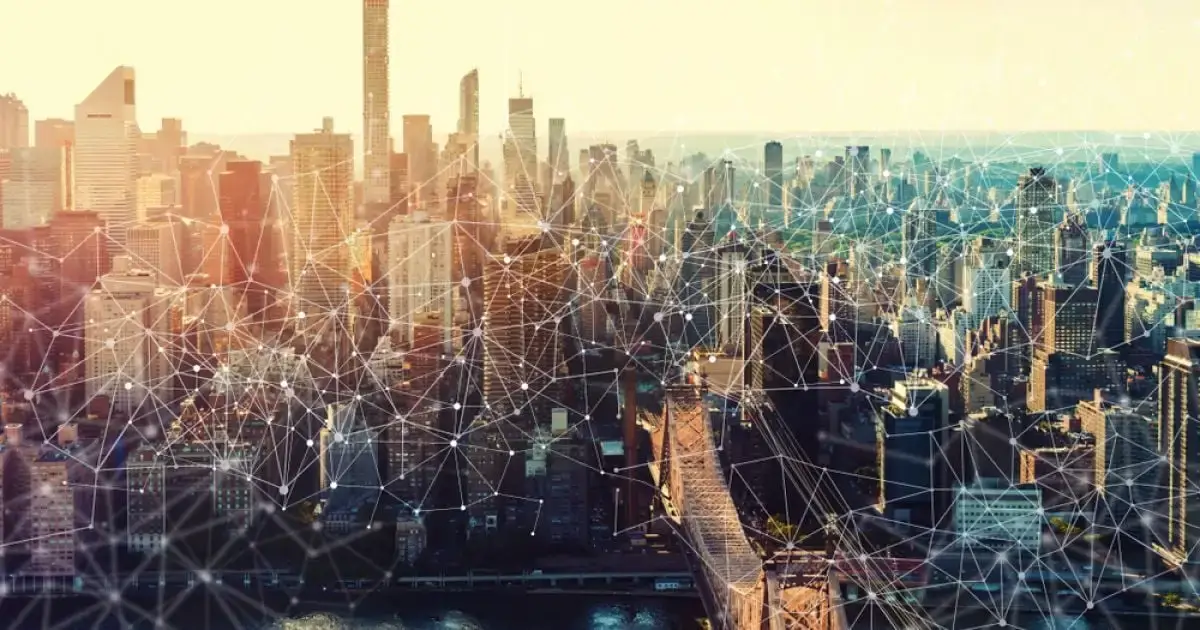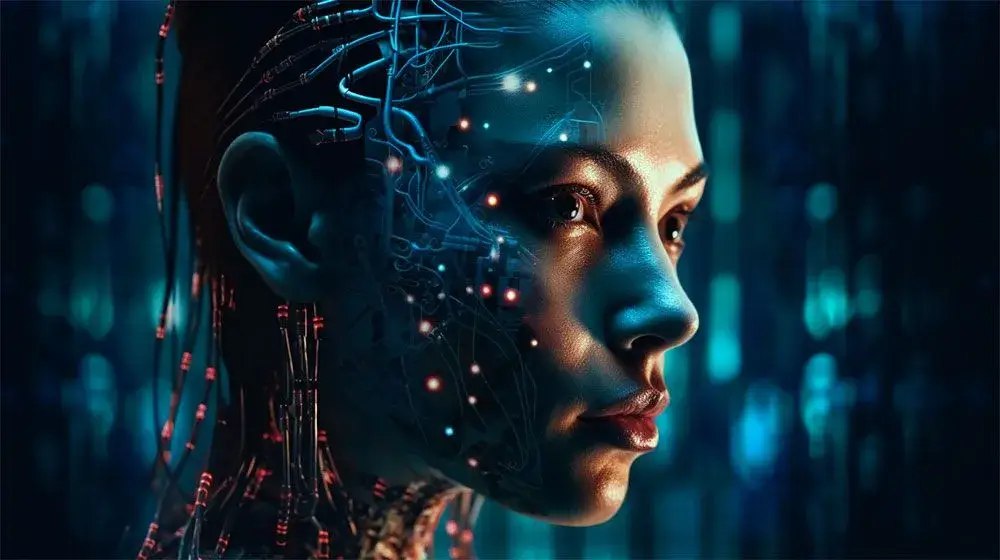Artificial intelligence (AI) and machine learning have been transforming the workforce for several years now. Many experts predict that future generative AI, like ChatGPT, could eventually replace the need for human workers in certain industries. While this may be true for some industries, it is important to understand that AI technology is not a silver bullet that can replace all human workers. In this blog post, we will explore the potential impact of future generative AI on the workforce and what it could mean for the future of work.
Where are we already seeing AI make an impact in change management in the workforce?
Automation of routine and repetitive tasks
One of the most significant trends caused by AI is the automation of routine and repetitive tasks. AI-powered technologies, such as machine learning algorithms and chatbots, are increasingly being used to automate tasks such as data entry, customer service, and administrative tasks. This is leading to a reduction in the number of workers needed to perform these tasks, as well as changes in the types of skills that are required for these roles.
The rise of the gig economy
Another trend caused by AI is the rise of the gig economy. AI-powered platforms such as Uber, Lyft, and TaskRabbit are enabling workers to earn money by performing a range of tasks, such as driving, delivering food and completing odd jobs. This is leading to a shift away from traditional employment models as more workers choose to work on a freelance or contract basis.
Increased demand for workers with specialized skills
As AI and automation become more prevalent in the workforce, there is an increasing demand for workers with specialised skills in areas such as data analysis, machine learning and software development. Many organisations are investing in training programs and partnerships with educational institutions to help their workers develop the skills they need to succeed in the AI-driven workforce.
New models of work
AI is also driving the development of new models of work. For example, flexible work arrangements, remote work and job sharing are becoming more common as organisations seek to better utilise their workforce and respond to changing business needs. AI-powered technologies are enabling workers to work from anywhere, collaborate with colleagues around the world and work on projects in new and innovative ways.
Ethical considerations
Finally, AI is raising important ethical considerations in the workforce. For example, there are concerns about the impact of AI on job displacement and inequality, as well as concerns about the ethical use of AI in areas such as hiring and performance evaluation. As AI becomes more prevalent in the workforce, it will be important for organisations to consider the ethical implications of these technologies and to take steps to ensure that they are used in a fair and equitable manner.
Should we be concerned as a human race about the future of work?
Artificial intelligence (AI) is having a significant impact on the workforce and we are already seeing a range of changes in the way that work is organised and performed. One area where AI is causing change management is in the way that organisations structure their workforces.
One of the most significant changes that we are seeing is the automation of routine and repetitive tasks. Many organisations are using AI and machine learning to automate tasks such as data entry, customer service, and administrative tasks. This is leading to a reduction in the number of workers needed to perform these tasks, as well as changes in the type of skills that are required for these roles.
Another area where AI is causing change management is in the way that work is organised and managed. With the increasing use of AI and automation, there is a growing need for workers who have skills in areas such as data analysis, machine learning, and software development. This is leading to changes in the way that organisations structure their workforce, with an increasing focus on hiring workers with specialised skills and expertise.
AI is also changing the way that workers are trained and educated. With the increasing importance of skills in areas such as data analysis and machine learning, there is a growing need for workers to receive training and education in these areas. Many organisations are investing in training programs and partnerships with educational institutions to help their workers develop the skills they need to succeed in the AI-driven workforce.
Finally, AI is causing change management in the way that organisations think about work and the role of workers. With the increasing use of automation and AI, there is a growing recognition that work can be done in new and innovative ways. Many organisations are exploring new models of work, such as flexible work arrangements, remote work, and job sharing, that can help them to better utilise their workforce and respond to changing business needs.
In conclusion, AI is causing significant change management in the workforce, leading to new models of work, changes in the types of skills that are required and changes in the way that organisations are structured and managed. As organisations continue to adopt AI and automation, it will be important for them to consider the impact on their workers and to take steps to ensure that the benefits of these technologies are shared fairly across society.

